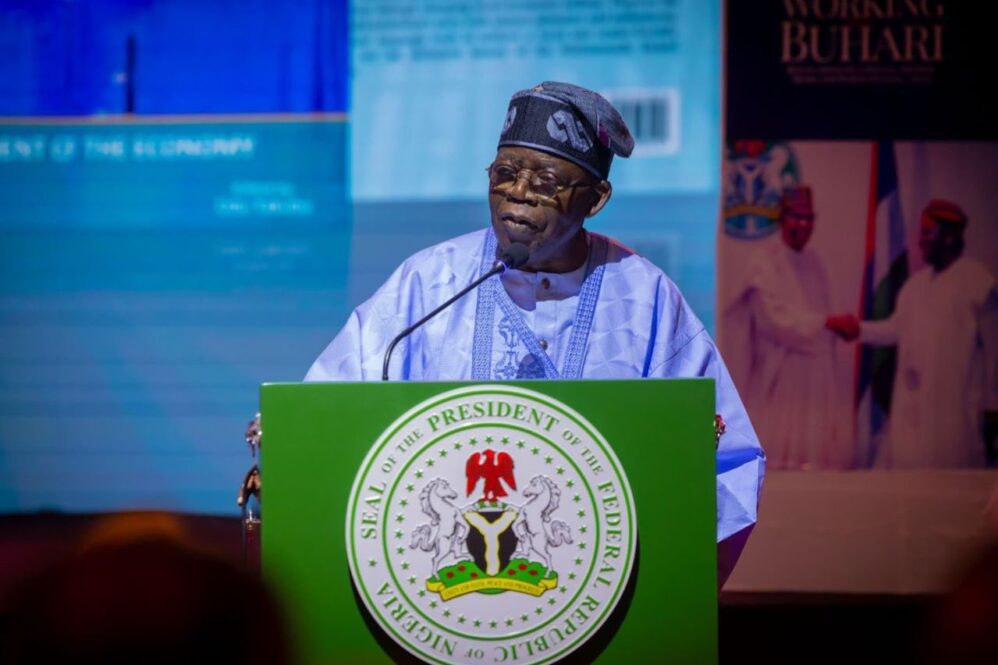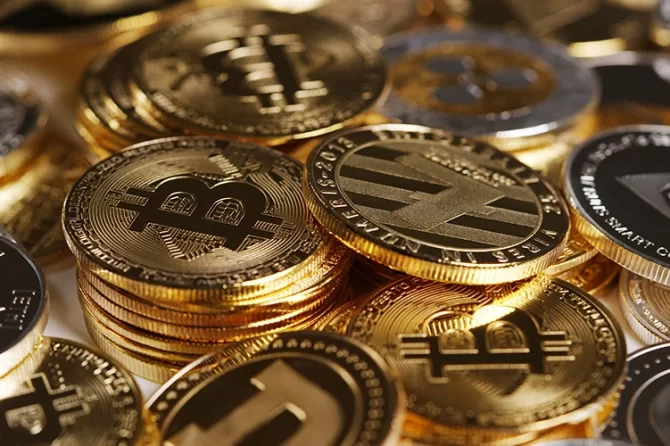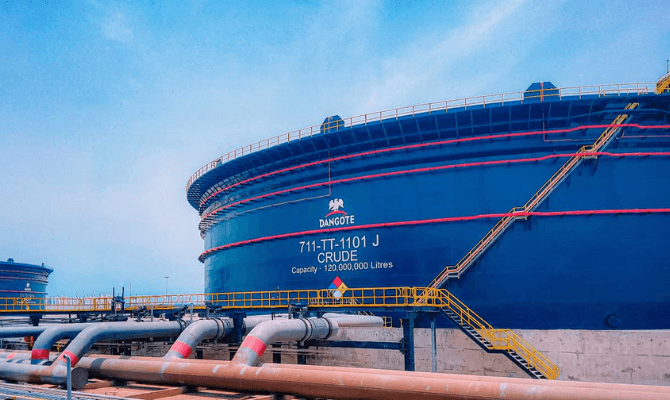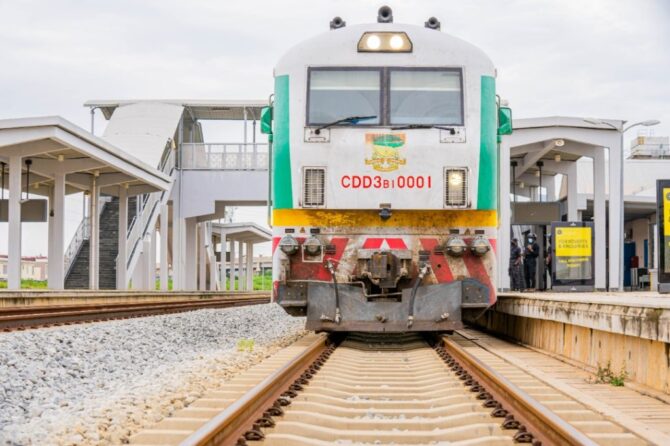Nigeria Clears IMF Debt: Who, What, When, Where, Why, and How
Nigeria has officially completed repayment of the $3.4 billion loan it received from the International Monetary Fund (IMF) in 2020. The final payment was made on April 30, 2025, as confirmed by both IMF records and the Nigerian Ministry of Finance. The loan, secured at the height of the COVID-19 pandemic, was aimed at stabilizing the economy amid sharp declines in oil revenue and mounting fiscal pressures.
Background: Why the Loan Was Needed
In 2020, Nigeria faced a severe economic downturn triggered by the global pandemic and plummeting oil prices. The IMF extended the $3.4 billion Rapid Financing Instrument to help Nigeria manage urgent balance-of-payments needs, support critical health and social spending, and cushion the impact on vulnerable populations.
Repayment Details and Fiscal Impact
Nigeria’s repayment plan spanned five years, with a 3.25-year grace period and eight quarterly installments. While the principal has now been cleared, Nigeria will continue to pay annual interest and administrative charges-estimated at about $36 million per year-until 2029. In 2024 alone, debt servicing to the IMF reached $1.63 billion, accounting for over a third of Nigeria’s total external debt payments that year.
Quotes and Official Reactions
The IMF acknowledged Nigeria’s achievement:
“We keep our records updated and Nigeria’s full repayment has been reflected accordingly.”
Experts say the repayment is a significant step in rebuilding international financial confidence and improving the country’s credit image. However, they caution that ongoing interest obligations require continued fiscal discipline.
Broader Significance and Next Steps
Nigeria’s exit from the IMF debtors’ list marks a notable milestone for the Tinubu administration and the country’s fiscal management. While the principal is cleared, Nigeria must remain vigilant in managing future interest payments and broader debt obligations.
Key points:
- Nigeria has fully repaid its $3.4 billion IMF loan, making the final payment in April 2025.
- The loan was crucial for economic stabilization during the pandemic.
- The country remains responsible for interest payments until 2029.
- The move boosts Nigeria’s international credit standing but underscores the need for ongoing fiscal responsibility.

















